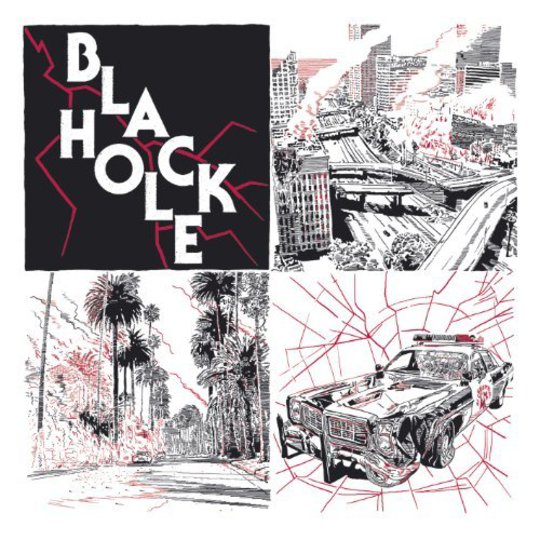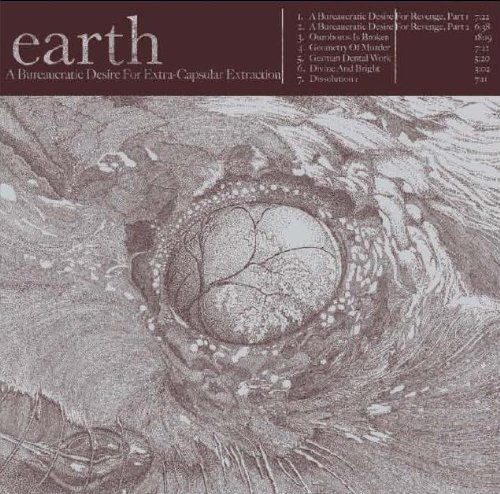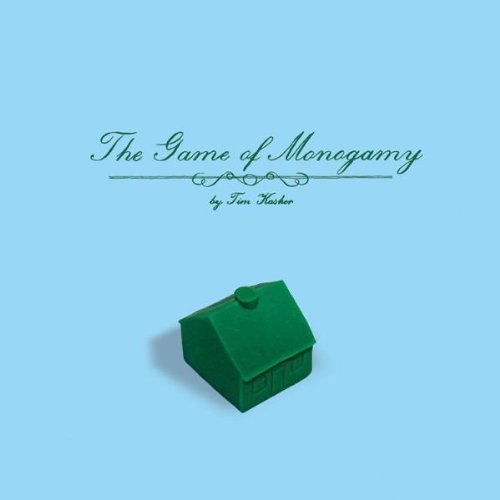Should you find yourself at university doing a degree in cultural studies, or something similar – well, at this point I don’t envy you having to justify this to your peers and/or family, given that you could buy a new 3 Series BMW with what you’re probably going to end up owing - but if you absolutely insist, then it’s possible that you might find yourself discussing punk rock in an academic context. Wild! Thing about this is that while there has been somewhere in the region of twenty trillion words penned about punk music and culture, only a tiny percentage of it enjoys any kind of academic canon status. Jon Savage’s 1991 book England’s Dreaming sits unchallenged at the top of this puny pile, being a comprehensive and considered overview of the Sex Pistols’ lifetime and impact, and the related late-Seventies punk circus.
Savage has gone on to cast a weather-eye over various other subcultures, through both the written word and a number of CD compilations. The latter have tended to feature an element of reappraisal: Meridian 1970, from 2005, was based on the notion that the first year of the Seventies wasn’t as musically barren as is widely believed (can’t say I’m familiar with this idea myself, but it was ten years before I was born). Black Hole features 26 tracks of early punk rock from the state of California, mostly Los Angeles and San Francisco bands; its sleevenotes, penned by Savage, suggest that similar intentions prevail here. 'Having experienced a taste of this squalling subculture,' he waxes, 'I was very disappointed that it got almost no media attention in the UK … this compilation should address that historical neglect.'
From a certain viewpoint, a glance at the tracklisting makes this sound deeply disingenuous. Thirty-plus years of cultural marinating have rendered a number of these songs immovable staples of American punk; if you’ve given over a lot of your life to the hardcore scene, or even just sat at home bugging out to the records, the idea of Dead Kennedys’ ‘California Uber Alles’, or the Germs’ ‘Media Blitz’, or ‘We’re Desperate’ by X being some kind of unearthed truffle seems pretty ridiculous. And yet: there are still plenty of folks out there who basically consider punk a type of British music which, when copied in other countries, was endearingly misguided at best. If anything is going to bring them around, a CD compiled by a respected author and released on a respected indie label might be it.
Black Hole will likely find its audience in punk dabblers and neophytes: plenty of the bands on here could reasonably be considered ‘obscure’ (The Offs, The Sleepers or The Aurora Pushups), but nothing is unreleased and a lot of it has been previously compiled until the pips squeak. By Savage himself, in the case of Black Randy’s ‘Trouble At The Cup’, the Germs’ ‘Forming’ and The Dils ‘I Hate The Rich’. Maybe, then, you’ve already figured out you don’t need this album. If on the other hand you’re wrinkling a curious nose at the bold text… oh my, there’s a portal opening for you. On the other side is a world full of smackheads and thugs and benders and vile performance art brats and people who by most accepted metrics were basically talentless. Some of them made some of the most exciting music the planet has been graced with to date.
You don’t listen to this shit for coherent or reasoned statements. Dead Kennedys frontman Jello Biafra is one of punk’s high priests of verbosity, and has used his status to drop incredible truthbombs over the years, but did he truly believe that Jerry Brown, if elected president of the USA, would establish a kind of hippy-fascist dictatorship on the nation? (That he’s just been reelected governor of the state lends ‘California Uber Alles’ an ironic timeliness.) When Penelope Houston, fronting The Avengers, sang “We will build a better tomorrow / The youth of today will be our tool,” on ‘We Are The One’, was there a genuine suggestion that this subculture was destined to be much more than a young persons’ pressure valve? Considering The Dils moved to SF to mingle with the offspring of the affluent – that is, the city’s nascent punk scene – did they actually hate the rich as their debut single insisted? It’s this ambiguity which puts three glacé cherries on three unfuckingdeniable punk rock anthems.
To give everything on Black Hole its proper due here would take all day, but suffice to say that you also get blessed with the (arguable) birth of two genres: synthpunk, courtesy of the frustratingly ill-documented Screamers’ ‘Peer Pressure’; and hardcore in the form of ‘Love Is Just A Tool’ by The Middle Class. This observer would’ve plumped for ‘Out Of Vogue’ by the latter instead; likewise, ‘I Slept In An Arcade’ is yer legit Black Randy classic, and ‘Everyone’s A Bigot’ would have been a natty representation of The Offs, if only to demonstrate how flagrantly offensive early US punk could be (it’s a bunch of white dudes playing a ska song about their objections to attitudes within the black community). The lack of Black Flag, Circle Jerks or Minutemen tracks seems like a major oversight; no Flipper content, in the wake of Domino reissuing most of their catalogue last year, is quite surprising. There’s a decent case to be made for having Agent Orange, Angry Samoans, Fear, The Dickies, The Simpletones or The Nuns on here, as well; Savage’s Cali-punk tastes seem to tend more towards the artier climes of SF’s Mabuhay Gardens scene than the lawless screwface vibe of Flag and their acolytes.
Which is basically to affirm that the 69 minutes of Black Hole are not the be-all and end-all of the vast state’s punk rock output. There’s a sprawling world of it to discover, and – allow me some corny sentiment, please – if one person buys this album and has it act as a springboard to a changed life, Jon Savage will have done his job.
-
8Noel Gardner's Score























